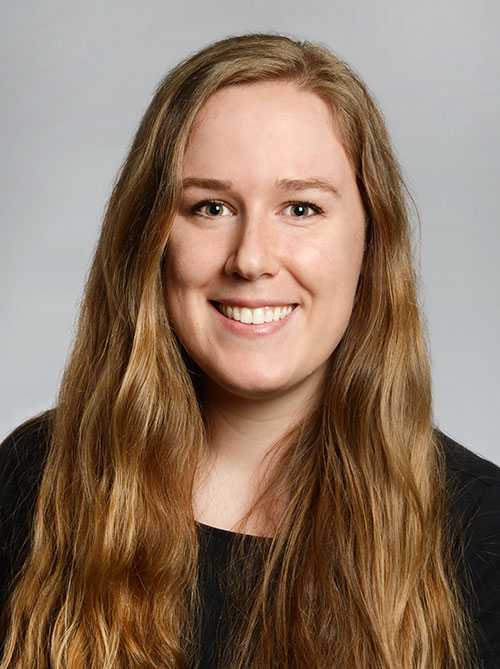 For decades, multisystemic therapy has proven to be an effective approach to treating teens involved in the juvenile justice system.
For decades, multisystemic therapy has proven to be an effective approach to treating teens involved in the juvenile justice system.
Now a Pacific University professor hopes to prove that it can also be effective in treating older autistic kids and autistic teens with aggression and serious behavior problems, and provide caregivers another tool to help their loved ones.
Cynthia Brown, an assistant professor in Pacific’s School of Graduate Psychology, has received a $22,000 grant from the American Psychological Foundation to develop a pilot study on using multisystemic therapy with autistic youth. Supported by the John & Polly Sparks Early Career Grant for Psychologists Investigating Serious Emotional Disturbance, the pilot study is scheduled to begin in early 2025.
Brown believes that multisystemic therapy could fill a gap in therapies for older youth with autism, which affects 1 in 36 children in the United States according to statistics compiled by the Centers for Disease Control and Prevention. While there is a significant emphasis on early intervention for autistic children, therapies for teens are harder to find.
“We think that this will lower behavior problems and we think that it will increase the tools to protect against youth behavior problems,” Brown said. “We think it also has the potential to reduce caregiver stress, conflict between caregivers, and conflict between the kids and their siblings.”
Developed in the 1980s to help treat youths involved in the juvenile justice system, multisystemic therapy is a community-based, family-intensive therapy that is designed to address every aspect of youth’s environment. The therapy involves not only the youth and a therapist, but also parents, siblings, teachers, friends and caregivers.
The therapy was developed in part by Charles Borduin, professor emeritus of psychological sciences at the University of Missouri, and a research mentor for Brown during her doctoral studies.
Brown said that multisystemic therapy is considered the gold standard for treating youths in the juvenile justice system and has been particularly effective for youth with severe behavior problems. That leads her to believe that the therapy could be effective with autistic individuals, particularly those who have difficulties with aggression and disruptive behavior.
“There has been some very preliminary work on multisystemic therapy and autism that suggests that it is effective, so we are building on that,” Brown said. “We know that it is a promising approach for treating serious behavior problems in older kids and teens, and there is promising evidence already that using this approach with autistic kids can help with behavior problems.”
The study will involve small groups of autistic youth, their parents, and other caregivers receiving treatment over a six-month period. Students in the School of Graduate Psychology will participate in the study by assessing data and outcomes, and some will be involved in providing treatment.
If the pilot is successful, Brown hopes to gain additional grant funding to expand the study and develop protocols to help other multisystemic therapy providers serve autistic youth.
“There is good evidence that a lot of things that work for non-autistic people, like multisystemic therapy, can work well for autistic people,” Brown said. “We will have to be mindful of the delivery of the intervention, but I think we can get a lot of mileage from this approach.”